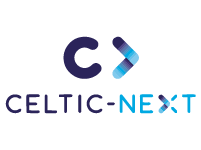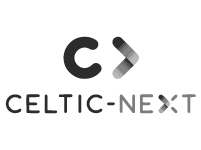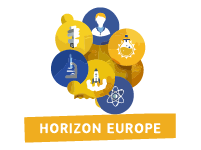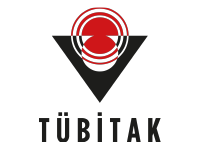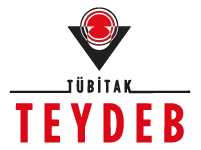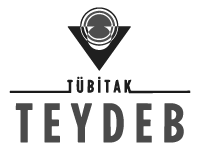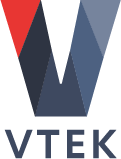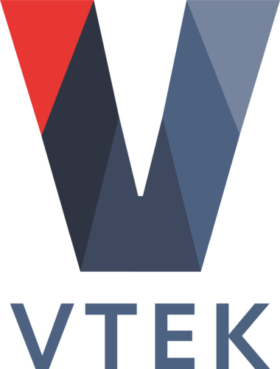NATIONAL & INTERNATIONAL R&D PROJECTS
For more than 20 years, companies around the world have depended on VTEK
Overcoming Technology Challenges Making the
Most of Resources
Find below a list of all active and finished INTERNATIONAL projects
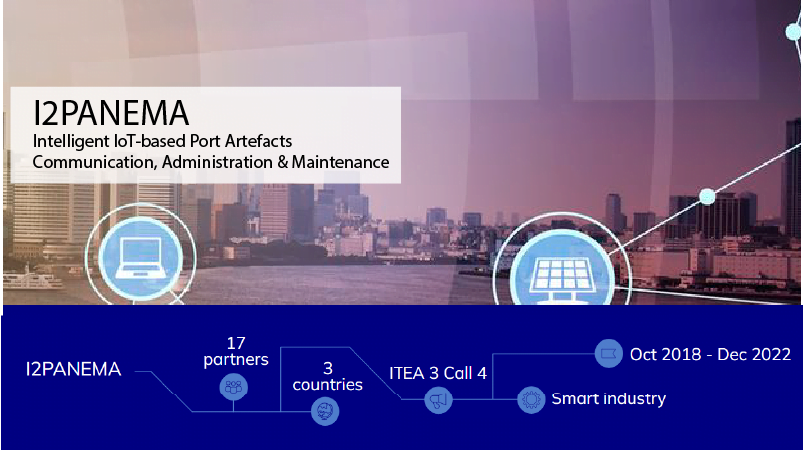
I2PANEMA (Intelligent IoT-based Port Artefacts Communication, Administration & Maintenance)
EU ITEA3 / Budget: 20.310.000 / 2018-2022
Digitalization is still in its infancy today in port environments, its benefits and risks are not yet un-covered. I2PANEMA is therefore aiming to deploy the full power of IoT to improve both sea and inland port operations in order to make them more efficient and to make them more sustainable.
By way of pushing the IoT stack in the areas of communication, interoperability and data analyt-ics, implementing an IoT reference architecture for port operations, and by way of convincing proofs of concept for selected business scenarios I2PANEMA is to bring IoT to the world of ports to pave the way towards digital (networks of) smart ports. Thus, barriers like data security agony and the lack of integration of existing, but heterogeneous IT systems, are to be overcome.
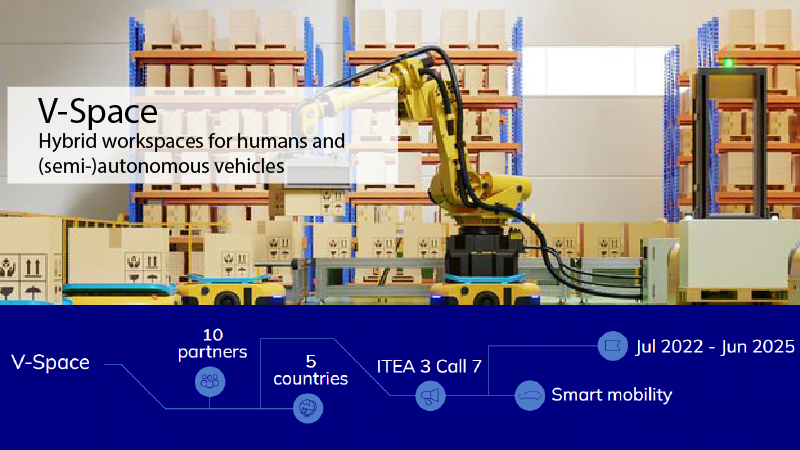
V-SPACE – Hybrid workspaces for humans and (semi-) autonomous vehicles / EU ITEA4 / 2022-2025
Autonomous vehicles are being utilized by many industries such as agriculture, retail, mining, manufacturing. The aim of the V-Space project is to bring a unified solution for hybrid workspaces where humans and Avs collaborate together. The project has two complementary use cases focusing on ports and private spaces.
Autonomous transports within ports is a key enabler for more intelligent and sustainable ports, forming the basis for predictable and cost-efficient operations. Similarly, there are large opportunities to be gained especially in smaller warehouses and other private spaces exploited by companies.
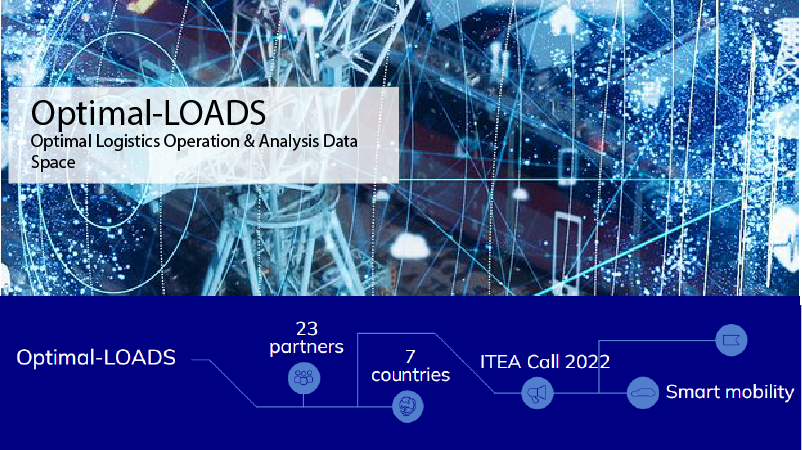
OPTIMAL LOADS – Optimal Logistics Operation & Analysis Data Space / EU ITEA4 / 2023-2026
The recent crises (COVID 19, Ukraine war, summer 2022 dryness with low water levels of rivers inhibiting ship transport, Suez channel obstruction, North Sea ship traffic jam/backlog) have demonstrated the importance of ensuring the resilience of the supply chain and its logistics processes and reinforced the need of logistics industry to permanently optimize these processes for remaining competitive at global level. Their digitization represents a promising means for this, together with the use of suitable data driven analysis algorithms to boost corresponding data economy business models.
The power of such analysis algorithms could not be unleashed to its full extent as of today e.g., for instrumenting them, an appropriate volume of data is required, but the data owners are currently still quite reluctant to provide their data for such purposes, because they fear the loss of control over their data, experience lack of fairness in data sharing, and are confronted with un-balanced business models inhibiting them to benefit from their data. Additional challenges are on how to create trust among data providers and users, to ensure data sovereignty and to make smooth data interoperability possible in multi-stakeholder environments. This was the motivation for the foundation of the Gaia-X/IDS initiatives, pioneering and creating data spaces in various industrial sectors addressing the described challenges. One objective of the Optimal-LOADS project is to populate the Gaia-X/IDS Reference Architecture (RA) with real SW components in the multi-modal logistics supply chain data space, to pioneer the emerging Gaia-X/IDS data economy infrastructure services (a. o., the GXFS) for this data space, and to align it with the emerging Mobility Data Space (MDS). In bringing suitable AI-based data economy provisions to optimize and further digitize the processes of the logistics sector, international SW standards for the sovereign exchange of data between the stakeholders of such industry applications are intended to be pushed and be deployed in a cross-country demonstrator in two iterations.
While providing the Logistics Data Space, Gaia-X-based connector components and tool support for developing core Gaia-X infrastructure components such as GXFS, self-descriptions, identity management, etc. tuned to the logistics sector, are planned to be developed, parallel to compiling data engineering best practices, which will contribute to an improved efficiency of the multi-modal logistics supply and transport chains, the valorisation of data in the logistics sector, and to take advantage of emerging business models in the data economy context
Our Customers
We're proud of our strategies and some companies we're proud to work with


